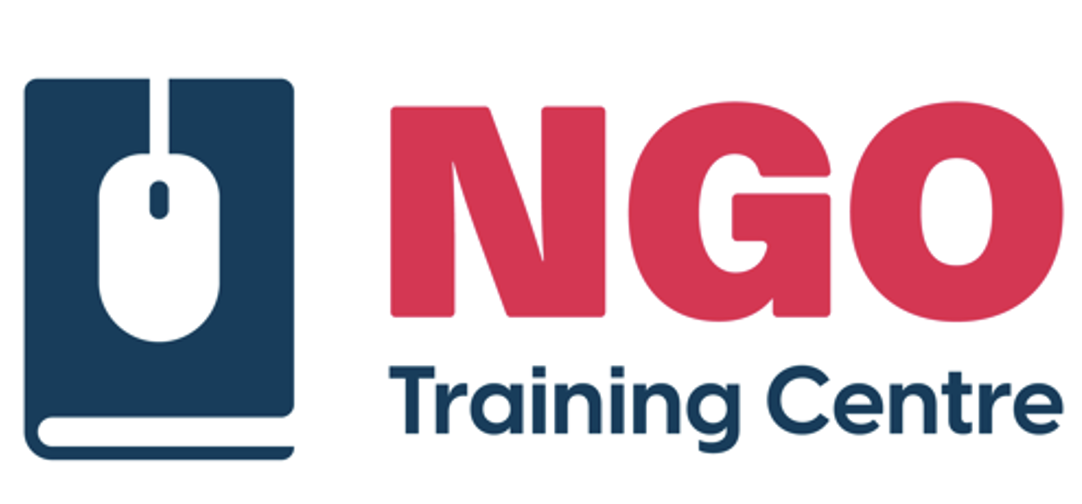Why Providers Must Be Audit-Ready
The National Disability Insurance Scheme (NDIS) Commission appears to have increased the frequency of spot checks on providers, often with just one week’s notice via a brief letter.
This shift highlights a great need for providers to maintain a state of constant audit-readiness, moving away from the mindset of preparing only for scheduled audits. Let’s throw back to one of my older articles on ARFA- Always Ready For Audit: https://ngotrainingcentre.com/some-tips-to-be-always-ready-for-audit-arfa/.
Spot checks can now occur at any time and without much warning, placing pressure on providers to always ensure compliance with the important NDIS standards.
Some providers have let us know that this marked increase in short-notice audits has been particularly targeting Supported Independent Living (SIL) and Support Coordination providers. These spot checks aim to ensure that providers are consistently meeting the NDIS Practice Standards and delivering high-quality, safe services to participants. The NDIS Commission’s proactive approach reflects their commitment to safeguarding participant rights and ensuring accountability across the sector.
However, this increase is not limited to SIL and Support Coordination providers. Industry insights suggest that the frequency of spot checks is likely to rise across all NDIS providers in the future. As the Commission continues to refine its oversight processes, no provider is exempt from the possibility of a sudden audit.
So…Why The Increase?
The rise in spot checks could be attributed to several factors:
- Enhanced Oversight: The NDIS Commission is intensifying efforts to uphold quality and safety standards, particularly in response to reported non-compliance issues and fraud cases.
- Participant Safety: Spot checks help identify and address potential risks to participants, ensuring providers adhere to person-centred care principles.
- Sector Growth: As the NDIS grows, so does the number of providers, necessitating more strong monitoring to maintain service quality.
Providers! The Importance of Being ‘Always Audit-Ready’
The unpredictability of spot checks means providers can no longer rely on preparing for audits months in advance. A reactive approach risks non-compliance, which could lead to penalties, reputational damage, or even deregistration. Instead, providers must adopt a proactive, ongoing compliance strategy. Here’s why being “always audit-ready” is essential:
- Minimising Disruption: Spot checks with short notice can disrupt operations if providers are unprepared. A culture of continuous compliance ensures teams are ready to respond confidently.
- Protecting Participants: Consistent adherence to NDIS standards guarantees high-quality support, fostering trust with participants and their families.
- Avoiding Penalties: Non-compliance during a spot check can result in corrective actions or sanctions. Being audit-ready reduces this risk.
- Building Reputation: Providers known for consistent compliance are more likely to attract participants and maintain positive relationships with the NDIS Commission.
How You Can Stay Audit-Ready…
To prepare for unexpected spot checks, providers should integrate compliance into their daily operations. Here are practical steps to achieve this:
- Staff Training: Ensure all staff are well trained in their roles and well-versed in NDIS Practice Standards and understand their role in maintaining compliance (this is where we come in!!)
- Regular Self-Assessments: Conduct internal audits to identify and address gaps in compliance before the NDIS Commission does.
- Documentation: Keep accurate, up-to-date records of participant plans, incident reports, and staff qualifications and training (our LMS can help with this!). Ensure these are easily accessible during an audit
- Quality Assurance Processes: Implement robust systems to monitor service delivery and address issues promptly.
- Mock Audits: Simulate spot checks to test readiness and familiarise staff with the audit process.
- Stay Informed: Keep abreast of NDIS Commission updates, as requirements and focus areas may evolve.
Looking Ahead…
Being audit-ready is not just a regulatory requirement, it’s a commitment to excellence and participant-centred care. Providers who embrace this mindset will be better positioned to navigate the challenges of spot checks and thrive in an increasingly regulated sector.
The NGO Training Centre offers comprehensive, tailored training solutions designed for NDIS providers. Our courses, crafted by Australian disability professionals and NDIS experts, cover critical topics such as NDIS Practice Standards, Compliance, Support Coordination, and Complex Care, aligning directly with the skills needed to meet audit requirements.
Key offerings include:
- NDIS Core Modules Training: A detailed guide to mastering the NDIS Practice Standards, ensuring your team is equipped to pass audits with confidence.
- Support Coordination Bundle: A three-part course exploring the fundamentals of Support Coordination, participant consent, budget management, and conflict of interest, ideal for providers in this high-scrutiny area.
- Disability Support Induction Pathway: Essential training for new and existing staff, covering core skills, NDIS history, and compliance obligations to foster audit-readiness.
- Leadership Excellence Program: Tailored for managers, this suite of courses enhances leadership skills to drive compliance and quality service delivery.
The NGO Training Centre’s cloud-based Learning Management System (LMS) is user-friendly, mobile-compatible, and customisable, allowing providers to integrate their own policies and track staff progress with real-time reporting.
Browse our courses and training packages using the website navigation menu above or call us on 1300 990 995 to explore the full range of NDIS training courses and start building a culture of compliance today.
Stay prepared, stay compliant, and deliver exceptional support with NGO Training Centre.
Written by Amanda Robinson, B.A., MMentalHealth Prac.
Amanda is a professional with over a decade of dedicated experience in the fields of Mental Health and Disability. Her extensive expertise lies in navigating the intricate landscape of the Disability Sector. She brings a unique perspective to her work, being both a person with lived experience of disability and a compassionate carer. She has a passion for advocacy, making her a staunch champion for the rights and well-being of individuals facing similar challenges.
GET IN TOUCH
Need advice or assistance preparing your training materials ready for audit?
Contact our friendly and knowledgeable team and we’ll be here to help!









